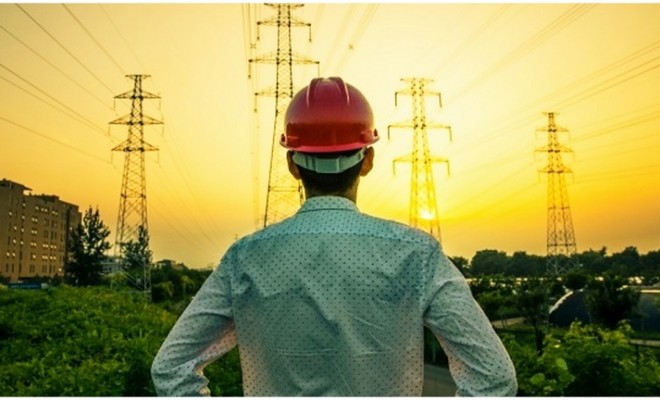
Does energy security lie in being more or less connected?
Watching the prices of natural gas in Europe, and gasoline in the US, soar as the Ukraine conflict strangles the supply of fossil fuels, you might think that energy self-sufficiency is the ultimate goal for any country.
But trying to go it alone comes with its own risks. Texas, which has kept its electricity system largely separate from the two large national grids in the US, suffered widespread water, food, and heating shortages in 2021 when freezing storms knocked out local generating capacity. The state was unable to effectively import electricity and prices in the deregulated, market-based system spiked: on a single day that winter, Texans paid more for their electricity than they did in the whole of 2020.
Most energy grids today are somewhere between these extreme outcomes. Nevertheless, the extremes are instructive, and beg a larger question: as we prepare ourselves for the bigger challenges that climate change will bring, can we design systems that marry resilience with mutuality, and all on a far more sustainable, low-carbon basis than we have today?
Συνέχεια εδώ
Πηγή: anthropocenemagazine.org




